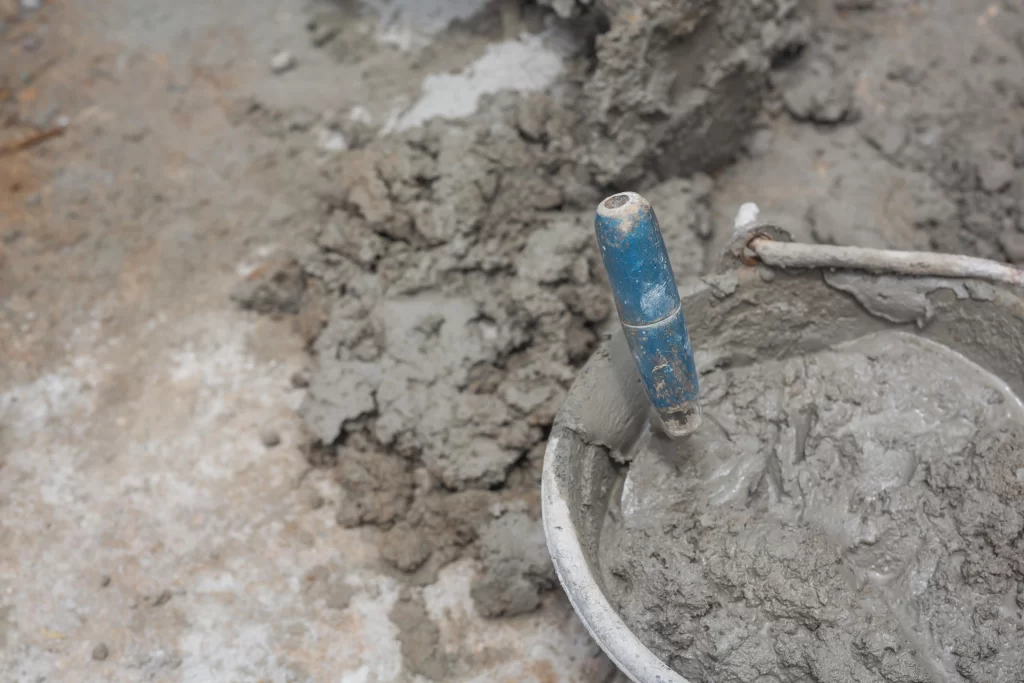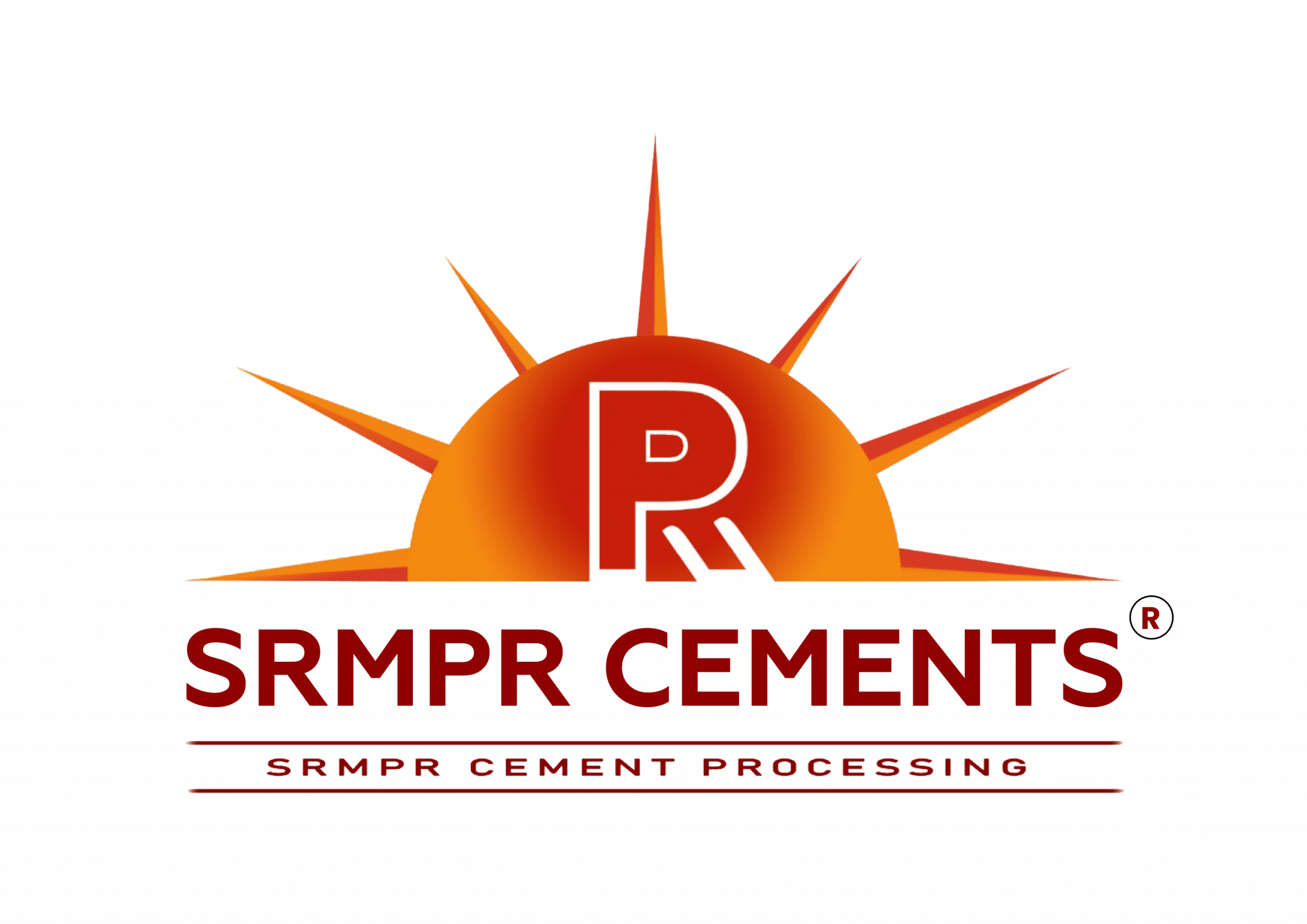Mortar is a versatile paste essential for binding stones, bricks, or tiles together in construction. Its composition typically comprises binding agents like lime or cement, water, and a fine aggregate such as sand or Turki. The precise ratios and selection of ingredients can vary based on the intended application of the mortar.
The blog below extensively explores the various types of mortars available and their diverse uses across construction projects. Understanding these distinctions can greatly enhance the efficiency and effectiveness of mortar applications in building and infrastructure development.
Types of Mortar
In the architectural world, the construction of any structure remains incomplete without the presence of a binding material. Whether it’s bricks, stones, tiles, or other building articles, the necessity for securing paste or mortar is paramount. Mortar, therefore, emerges as an indispensable component of the construction process, filling the gaps between various building blocks and ensuring structural integrity.
Understanding Mortar Mix
In construction, mortar typically constitutes a blend of water, binding material, and fine aggregate, such as sand or surkhi. The composition and proportions of these ingredients within different types of mortar mixes are determined by several factors, including the type of masonry material being used, the desired compression strength, and the ultimate application of the mortar. Consequently, the process of mixing mortar can vary significantly based on its intended use.
Different Types of Mortar
Cement Mortar
In this type of mortar, cement serves as the primary binding material. The ratio of cement, water, and sand varies depending on the intended purpose and desired durability. Typically, cement and sand are mixed first, followed by the gradual addition of water. The cement-to-sand ratio can range from 1:2 to 1:6.
Lime Mortar
Lime is the key binding material in lime mortar, which comes in two varieties: hydraulic lime and fat lime. Fat lime is preferred in dry conditions, typically in a ratio of 2 to 3 times the quantity of sand. In areas prone to heavy rains or water-logging, hydraulic lime is more suitable, with a lime-to-sand ratio of 1:2.
Gypsum Mortar
Gypsum mortar uses plaster and soft sand as its binding materials. It offers low durability, especially in moist or wet climates.
Gauged Mortar
Combining lime and cement with sand results in gauged mortar. This mix combines the plasticity of lime mortar with the durability of cement mortar. The cement-to-lime ratio typically ranges from 1:6 to 1:9, making it one of the most economical mortar options.
Surkhi Mortar
Surkhi mortar combines lime, surkhi (burnt clay in finely powdered form), and water. Surkhi acts as a fine aggregate, providing greater strength to the mortar mix compared to sand and at a lower cost.
Aerated Cement Mortar
Aerated cement mortar improves the workability of cement mortars by incorporating air-entraining agents into the mix.
Mud Mortar
When cement or lime is unavailable, mud can serve as a binding agent in mortar, often mixed with cow dung or rice husk as a fine aggregate.
Heavy and Light-weight Mortar
Heavy mortar has a bulk density of 15 KN/m³ or more and typically uses heavy quartzes as fine aggregates. Light-weight mortar, with a bulk density of less than 15 KN/m³, utilizes lime or cement as binders and sand, sawdust, etc., as fine aggregates.
Thin-set Mortar
Thin-set mortar is a thinner adhesive mortar commonly used for tile applications. It comprises cement, sand, and water retention agents and is not suitable for use with bricks or heavy stones.
Epoxy Mortar
Epoxy mortar is an adhesive and waterproof mortar composed of epoxy resins and solvents. It offers stain resistance and faster curing than cement mortar, making it ideal for tile applications.
Fire-resistant Mortar
This mortar utilizes aluminous cement and a fine powder of fire bricks to create a fireproof mixture.
Packing Mortar
Packing mortar, composed of cement-loam, cement-sand, or cement-sand-loam, is used for its strength and water resistance in constructing oil wells.
Other Variants
Variants such as sound-absorbant mortar, chemical-resistant mortar, and heavy bulk density mortar (22 KN/m³) for X-ray room walls provide specialized solutions for specific construction needs.
Properties of Good Mortar
When evaluating mortar quality, several key properties are essential:
- Adhesive Mortar’s primary function is to bind building blocks like bricks and tiles together. Therefore, strong adhesion is crucial for effective mortar performance.
- Water-Proof High-quality mortars should possess water-resistant properties to withstand rainy weather conditions and prevent moisture infiltration.
- Durability Long-lasting durability is vital for architectural constructions. Premium-quality mortar should withstand adverse conditions and resist wear and tear over extended periods.
- Usability Good mortars should be easy to work with and apply, facilitating efficient construction processes.
- Crack Resistant To ensure structural integrity, mortars should be resistant to cracking, especially when exposed to high pressure or temperature variations. This resilience helps prevent deformities and cracking in tiles or building surfaces over time.
Uses of Mortar
Mortar serves various purposes in construction:
- Binding Agent The primary function of mortar is to bind bricks or stones together, providing structural stability to architectural elements.
- Resistance Mortar enhances the resistance and strength of structures against adverse weather conditions, chemical attacks, and other external factors like loud sounds.
- Joint Fill-ups Thin mortar, also known as grout, is commonly used to fill up joints and spaces between tiles or bricks, improving aesthetics and structural integrity.
Conclusion
In conclusion, mortar stands as a versatile building material boasting a diverse array of types, each meticulously crafted to meet specific construction needs. Its pivotal role in construction, coupled with its myriad properties, underscores its importance in the creation of enduring structures. A comprehensive understanding of mortar types and their respective applications is indispensable for all involved in the construction industry.
Choosing SRMPR company for different types of mortar ensures access to superior quality and reliability. SRMPR’s extensive range of mortar products is engineered to meet the highest industry standards, providing exceptional performance and durability. With a commitment to innovation and customer satisfaction, SRMPR company stands as a trusted partner for all construction needs, ensuring projects are built to last.



